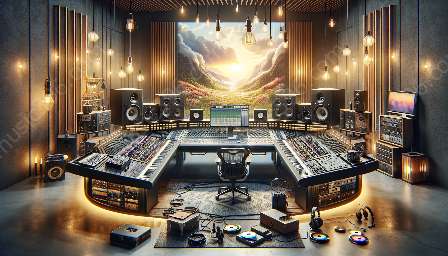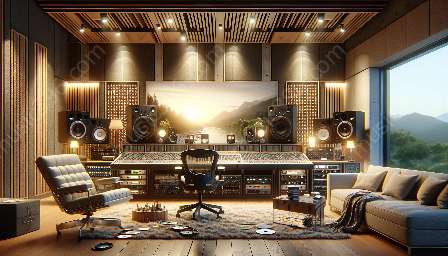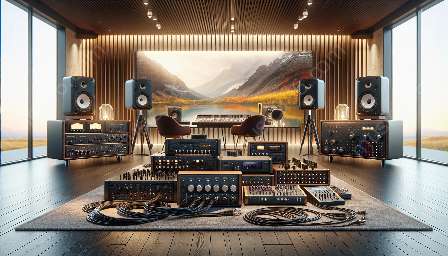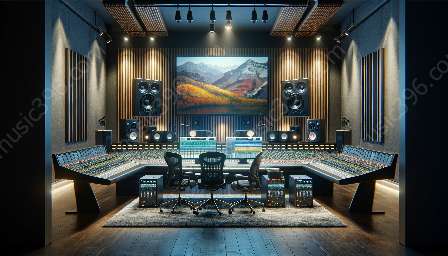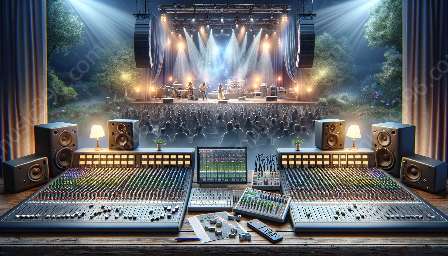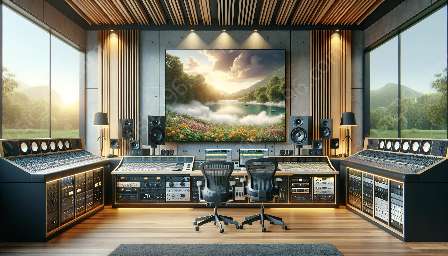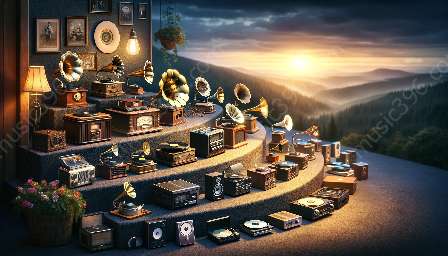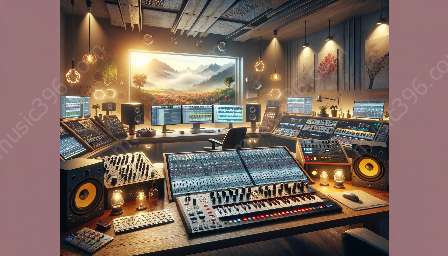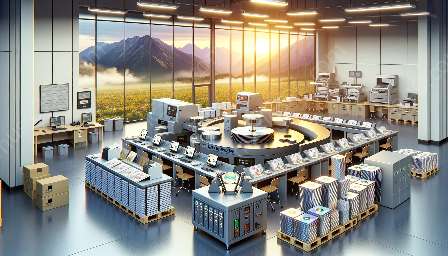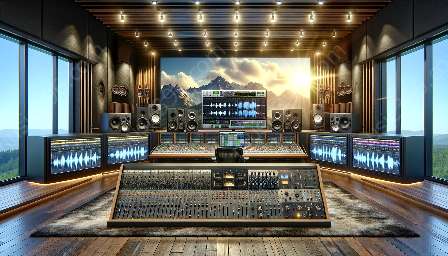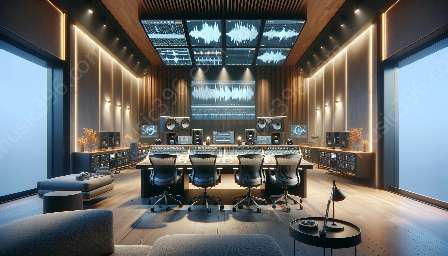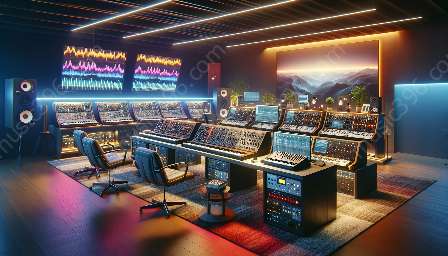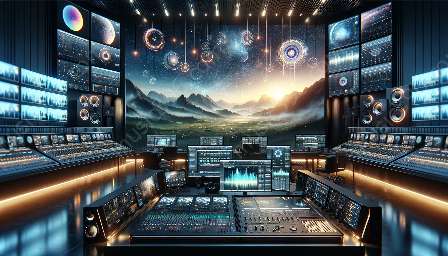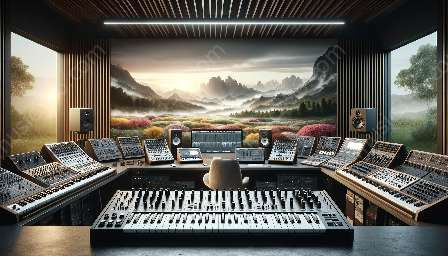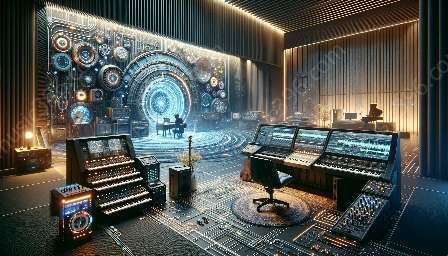Experimental music is a captivating and avant-garde form of artistic expression that pushes the boundaries of traditional sound. As a music enthusiast or a professional in the audio industry, delving into the realm of experimental music presents unique challenges. In this comprehensive guide, we will explore the complexities of mastering experimental music and delve into advanced audio mastering techniques, CD and audio intricacies, and much more.
Understanding Experimental Music
Experimental music encompasses a wide range of unconventional musical styles and techniques. It often involves exploring non-traditional structures, unconventional instruments, and innovative electronic soundscapes. Artists and composers in this genre are constantly seeking new ways to create sonic experiences that challenge listeners' perceptions and expand the possibilities of musical expression. This diversity and innovation within experimental music present mastering challenges that require a deep understanding of its intricacies.
The Art of Audio Mastering
Audio mastering is a critical step in the production process that focuses on refining and enhancing the sonic characteristics of a recording. In the context of experimental music, mastering becomes an even more nuanced and intricate process. Mastering engineers must possess a keen ear for unconventional soundscapes and be able to manipulate and shape audio in ways that accentuate the artist's unique vision. This often involves working with complex sonic textures, unconventional arrangements, and experimental mixing techniques.
Advanced Audio Mastering Techniques
To effectively master experimental music, mastering engineers must be proficient in advanced audio mastering techniques. This may involve employing dynamic equalization to sculpt the tonal balance of intricate soundscapes, utilizing multiband compression to control the dynamics of complex arrangements, and implementing spatial processing to create immersive sonic experiences. Additionally, understanding the nuances of harmonic enhancement and spectral shaping is crucial for preserving the integrity of experimental audio compositions during the mastering process.
Challenges in CD and Audio Formats
When preparing experimental music for distribution, mastering engineers must navigate the challenges associated with CD and audio formats. Ensuring a seamless transition from the studio environment to these formats requires meticulous attention to detail. This includes optimizing the audio for different playback systems, addressing potential limitations in dynamic range, and maintaining the integrity of the sonic landscape across various formats.
Embracing Innovation and Creativity
Mastering experimental music is not merely a technical pursuit—it is an opportunity to embrace innovation and creativity. As mastering engineers, it is essential to approach the challenges of experimental music with an open mind and a willingness to experiment. This may involve pushing the boundaries of traditional mastering techniques, collaborating closely with artists to understand their creative intent, and exploring new technologies and tools that can enhance the sonic impact of experimental compositions.
Conclusion
Mastering challenges in experimental music requires a deep understanding of the genre's diverse sonic landscape and the ability to apply advanced audio mastering techniques with creativity and precision. By embracing the complexities of experimental music and staying at the forefront of audio mastering innovations, mastering engineers can unlock new possibilities for sonic expression and contribute to the evolution of this groundbreaking musical genre.

